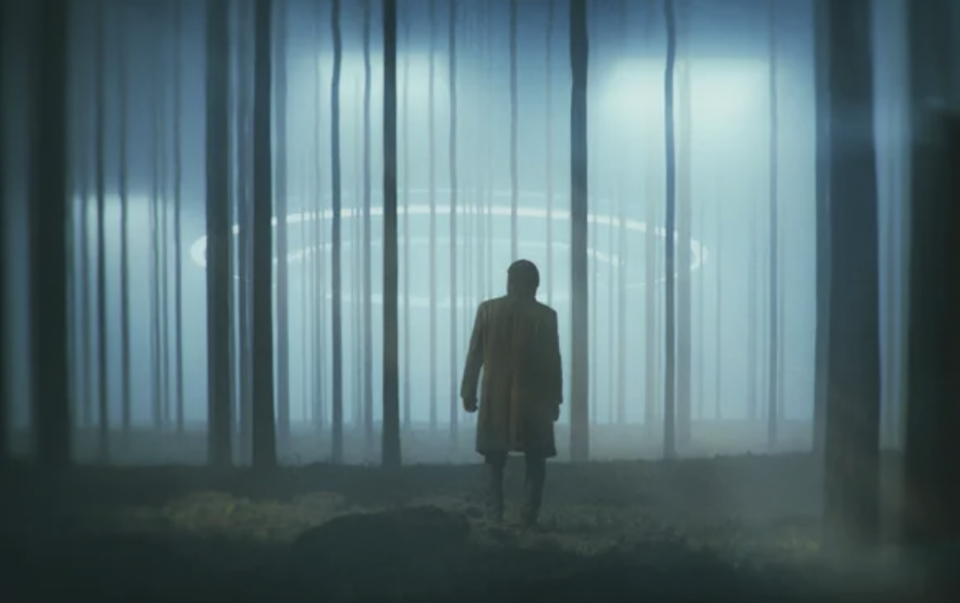During childhood, many of us were enchanted by magic shows, captivated by the prospect of supernatural abilities such as mind-reading, glimpses into the future, or even venturing into alternate dimensions. While children are known for their active imaginations, it’s intriguing that a recent national poll reveals that these interests don’t necessarily wane with age. In fact, over 71% of Americans believe in “miracles,” 42% believe in “ghosts,” 41% entertain the idea of “extrasensory perception,” and 29% endorse astrology. These statistics are mirrored by similar beliefs in conspiracy theories and pseudo-scientific phenomena, such as 21% believing in government-hidden aliens and 28% supporting the idea of a New World Order (NWO).
This apparent correlation between belief in the paranormal, pseudo-science, and conspiracy theories has piqued the curiosity of researchers. They’ve begun to explore whether there’s a common cognitive style underpinning these convictions, which they refer to as “magical thinking.” A recent study delves into this notion, suggesting that the way people think, or more precisely, the failure to think critically, might be at the core of these beliefs.
The study, conducted at the University of Toulouse in France, investigated the link between “cognitive thinking styles” and belief in the paranormal following an “uncanny” event. One experiment found that participants with more intuitive thinking styles were more likely to accept vague and generalized personality descriptions as personally accurate. This acceptance extended to Barnum statements, which could apply to almost anyone. Another experiment simulated telepathy and found that non-reflective thinkers were more inclined to endorse extrasensory perception (ESP) as an explanation for the uncanny event, whereas reflective thinkers were more likely to attribute it to chance.
These findings suggest that intuitive thinkers may be more prone to accepting “magical” explanations for events. One possible explanation is the “conjunction fallacy,” where people mistakenly assume that specific conditions are more likely than general ones. This cognitive bias could lead individuals to believe in multiple paranormal phenomena because they see them as interconnected, despite the improbability.
While magic and mystery can be enchanting, misinformation stemming from these beliefs can have negative consequences. Exposure to conspiracy theories, for instance, has been linked to reduced acceptance of science and civic engagement. Protecting individuals from falling prey to magical thinking may require a combination of factors, including emotional processes and reflective thinking. Striking a balance between intuition and analysis could help individuals make more informed and rational decisions, ensuring that they don’t accept uncanny explanations about the nature of reality too readily.

